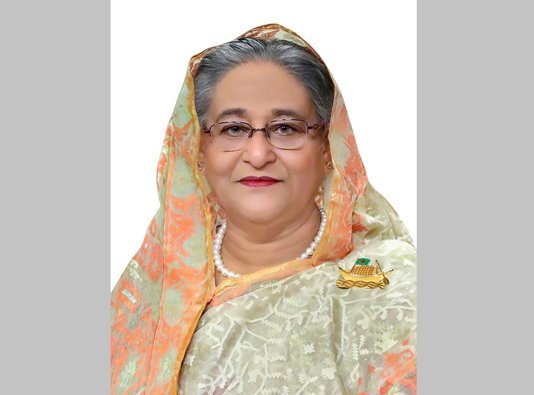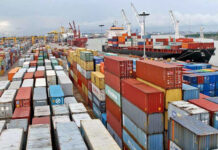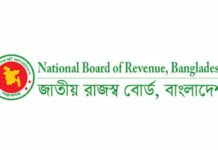Prime Minister Sheikh Hasina has informed the Parliament that the flow of remittances in the country has started returning to the pre-COVID-19 state. Remittances will increase significantly in the future. Jatiya Party (JAP) MP presented in Parliament on Wednesday (15 June). She said this in response to a question presented at the Parliament by Dr. Rustam Ali Faraji, President of the Jatiya Party (JaPa).
The Prime Minister said that Bangladesh is one of the highest remittance-receiving countries in the world. In the 2019-20 fiscal year, remittances reached USS 18.20 billion and in the 2020-21 fiscal year, it increased to a record amount of USD 24.77 billion, which is 36.10% more than the previous fiscal year. Bangladesh ranks seventh in the world in terms of expatriate income.
She said that remittances had declined slightly in the 2021-2022 fiscal year and USD 17.30 billion was earned in the 10 months of July-April, down 16.25% from the same period of the previous fiscal year. The average remittance for the first 10 months of the last fiscal years 2019-20, 2018-2019, and 2017-2018 was USD 13.42 billion. It is seen that the growth of remittances received in the first 10 months of the 2021-22 fiscal year is higher than the average of remittances received in the first 10 months of the previous three years before the pandemic. Therefore, it can be said that remittances are not declining in the current fiscal year.
The Prime Minister said that in the fiscal year 2020-21, there was an abnormal growth in expatriate income during the COVID-19 pandemic. The reasons for the decline in expatriate income in the current 2021-22 fiscal year as compared to the previous 2020-21 fiscal year are; at the beginning of the fiscal year 2020-21, the expatriates sent their savings to the country as a result of uncertainty. Many had lost their jobs or stopped their business and brought all the money back to the country. Now the situation is improving. Many expatriates have reduced sending remittances to the country to start new businesses.
She said that although the economy of Bangladesh has returned to normal after successfully tackling the COVID-19 pandemic, the economies of the major countries employing Bangladeshi workers have not yet returned to normal. As a result, remittances of Bangladeshi workers working in those countries have been reduced due to the relatively low expatriate income. In the post-COVID-19 period, worldwide travel, communication, and trade flourished. As a result, remittances seem to be on the decline due to the increase in money transactions outside the banking channels.
On how to increase expatriate income, Sheikh Hasina said that it would be possible to increase the flow of remittances by increasing manpower exports and legally increasing remittance flow. She said that at present there are more than 1 crore and 20 lac workers working in 170 countries of the world. The government is emphasising the importance of ensuring safe migration and respectable occupations for migrant workers. As a result of various initiatives of the government, recruitment abroad is increasing despite the existence of the COVID-19 situation. In 2020, despite the global COVID-19 pandemic, 2 lacs 17 thousand and 669 Bangladeshi workers have been employed abroad. In the first 4 months till April 2022, 4 lacs 26 thousand and 558 people have been recruited abroad.




